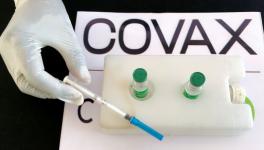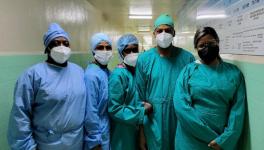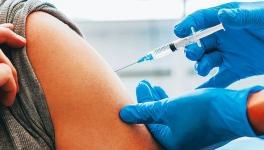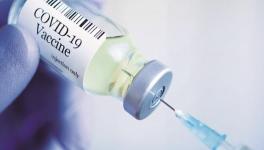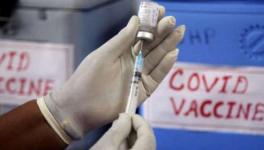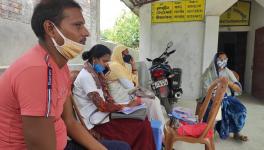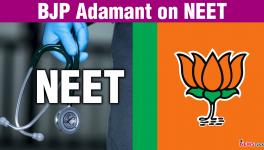Gap Between COVID-19 Vaccines in Rich and Poor Countries Becoming Grotesque: WHO Director-General
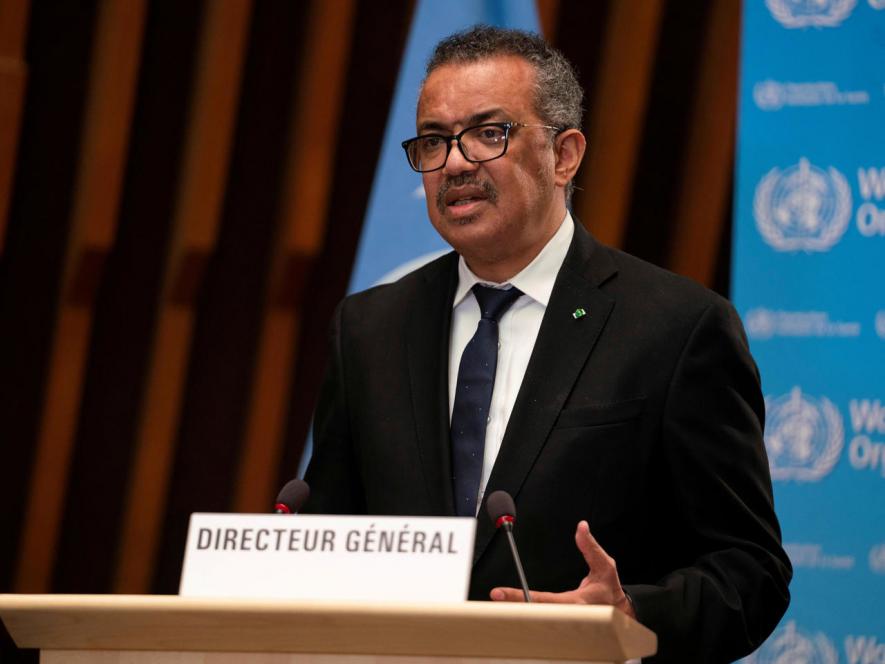
Image Courtesy: Reuters
Addressing a media briefing on March 21, Tedros Adhanom, the director-general of the World Health Organisation raised serious concerns about the increasing gap between COVID-19 vaccines in rich countries and the number of vaccines administered through COVAX.
COVAX stands for COVID-19 Vaccines Global Access, a global initiative which began with the aim of equitable access to COVID-19 vaccines. The initiative is led by the WHO along with the UNICEF; Gavi, the Vaccine Alliance (formerly the Global Alliance for Vaccines and Immunization, or GAVI); the Coalition for Epidemic Preparedness Innovations (CEPI), and others.
The director general began his address by talking about World TB Day and how the ongoing pandemic has affected the vaccination programme against Tuberculosis across the world. Highlighting the inequitable distribution of COVID-19 vaccines today, Adhanom said that the world is on the brink of a catastrophic moral failure and while there are means to avert this, astonishingly little has actually been done towards averting it.
He added that while the lives of health workers, older people and other at-risk groups in the world’s poorest countries continue to be at stake, certain countries are now vaccinating younger, healthy people at low risk of disease. This, he said, is not just a moral outrage but also economically and epidemiologically self-defeating.
Even if countries do succeed to vaccinate their entire populations, it can only buy them short-term security as the virus will continue transmission in other parts of the world. And, as long as transmission continues, it will affect trade and travel – ultimately delaying economic recovery. Not only that, the more the transmission also means that there will be more variants, and they will be ever more likely to evade the existing vaccines.
Also read: Cuba Working on a ‘People’s Vaccine’: the US and the World Should get Behind it
Talking about a meeting of experts hosted by WHO on March 19, for enhancing genomic sequencing of the SARS-CoV-2 virus globally, the DG added that while the organisation is working towards improving the monitoring of its evolution, it cannot yield the required results if countries do not work together “to suppress transmission everywhere at the same time”.
The director general also mentioned the Republic of Korea, which has set an example by waiting for its turn for vaccines through COVAX instead of buying it through bilateral deals, despite being a country with high income.
In an effort to find solution for more equitable distribution of vaccines, the DG said, he has been in talks with leaders from high-income countries that have many times more doses than they need, asking them to share doses through COVAX. He also said that they are constantly working out with vaccine manufacturers on the ramping up of vaccine production.
Citing the example of AstraZeneca, which is the only company that has committed to not profiting from its vaccine during the pandemic, Adhanom said that AstraZeneca has licensed its technology to several other companies, including SK Bio in the Republic of Korea and the Serum Institute of India, which are producing more than 90% of the vaccines that have so far been distributed through COVAX.
However, he emphasised that, this needs to be followed by companies in other countries to mount a successful front against the virus sweeping the world. He also talked about the COVID-19 Technology Access Pool, or C-TAP, that “promotes an open-science model, where licensing would occur in a non-exclusive, transparent manner to leverage as much manufacturing capacity as possible”. This can be utilised for the companies to share their licenses for vaccines.
Thus, he appealed to all manufacturers and countries across the world to work with the WHO to realise the aim of equitable distribution of vaccines.
Also see: Can Private Companies Defeat Pandemic?
Get the latest reports & analysis with people's perspective on Protests, movements & deep analytical videos, discussions of the current affairs in your Telegram app. Subscribe to NewsClick's Telegram channel & get Real-Time updates on stories, as they get published on our website.










